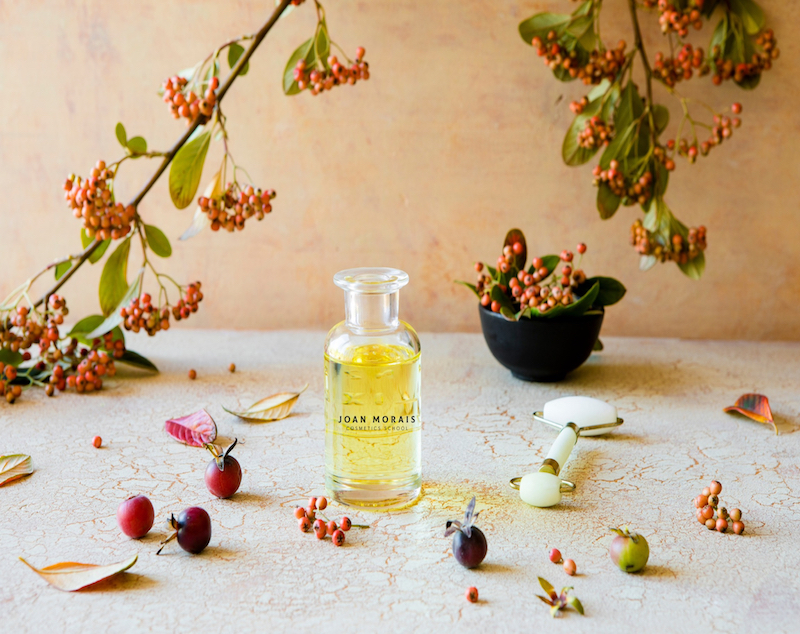
About the Skin
Skin is the largest organ of the body. It is the protective barrier from the outside world and for all our internal organs and internal body system. Our skin is intelligent and naturally knows how to take care of itself, yet we often interfere with its job by not properly supporting it. We can support our skin by using pure and nurturing ingredients and products and by staying hydrated.
What is your skin type? Read below to learn about six skin types and skin conditions.
Skin Types
Most people misdiagnose their skin type. Our skin is always changing- it changes during the seasons, with our diet and as we age. Therefore, our skin type is also always changing. What may have worked for us at one time, may no longer work in the future. It is important to pay attention to your skin and reevaluate when a product may no longer be working for you or if a new and different product may be needed. Here are 6 different types of skin.
Normal Skin: Balanced with oil and moisture evenly with firm, vibrant, blemish-free skin tone, color, and texture. VERY FEW people have normal skin.
Dry Skin: Skin does not produce enough oil and usually feels tight and dry.
Oily Skin: This produces too much oil from over stimulated glands and can be greasy with blemishes.
Combination Skin: Will be different at different areas of the face. It tends to be dry around the mouth, cheeks, and eyes and oily in the forehead and nose.
Sensitive Skin: Reacts to allergens, detergents, preservatives, chemical irritants, sun, stress, etc.
Mature, aka Aging, Skin: May show sun damage and fine lines and wrinkles start to form. May have some signs of pigmentation and sagging and lack vibrancy and moisture.
Common Skin Conditions
Many people suffer with skin conditions that affect the health and vibrancy of their skin. Here are 3 common types of skin conditions.
Acne: Can happen at any age with any skin type. Acne treatment is one of the top google search terms in beauty care. Often can fluctuate due to hormones from menstrual cycles, pregnancy, menopause, etc.
Eczema: Causes your skin to be red and itchy. Has a genetic component and can be made worse due to environmental factors, irritants, and allergens.
Psoriasis: Causes skin to have scales and red patches that are itchy and can be painful. It is chronic that comes and goes with no cure, however can be managed better with lifestyle changes.
With both eczema and psoriasis it is important to better understand your condition and triggers for flare ups. Individuals with either of these conditions are recommended to consult with a wellness care professional that is well-versed in them.
What type of skin do you have? Do you suffer from any of these common skin conditions? We’d love to hear more from you in the comments below.
Skin and formulating and making natural and organic skin care is covered in depth in the Professional Natural Skin Care Formulation Course.
You might also like


Would love a post on rosacea!
Thanks for the suggestion.